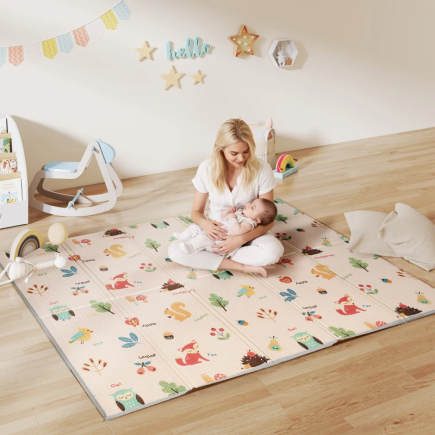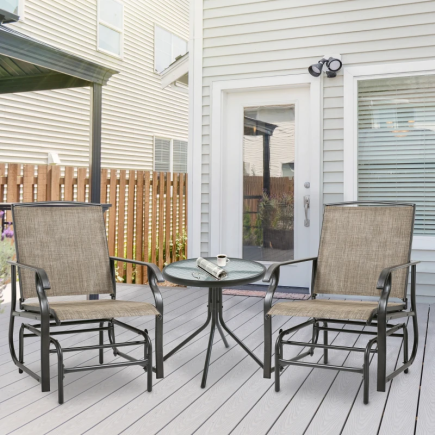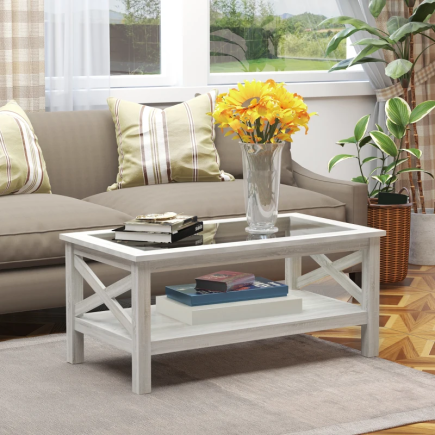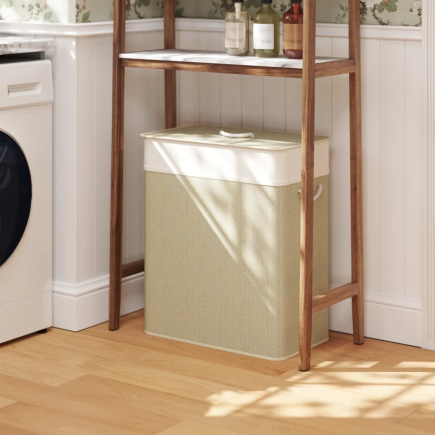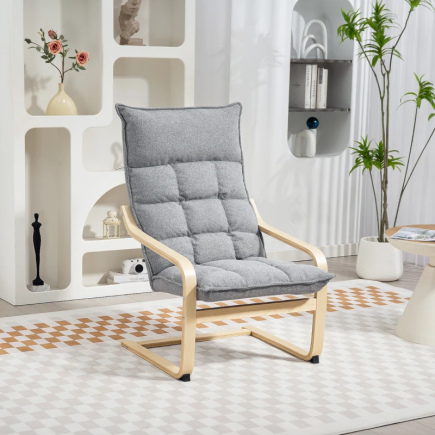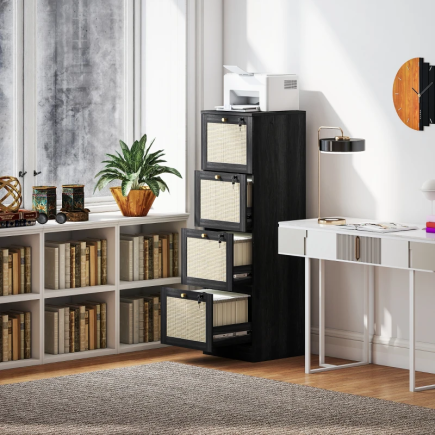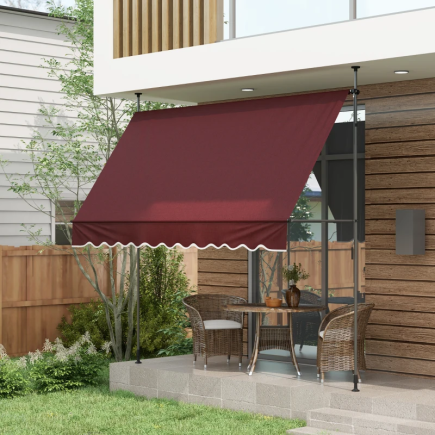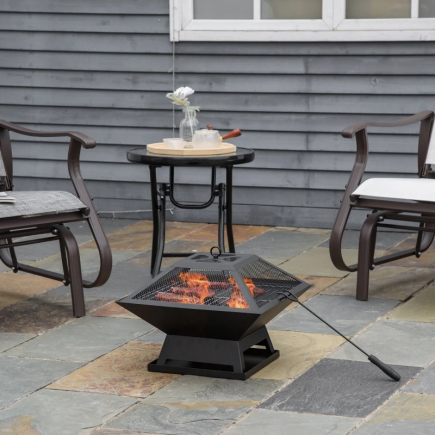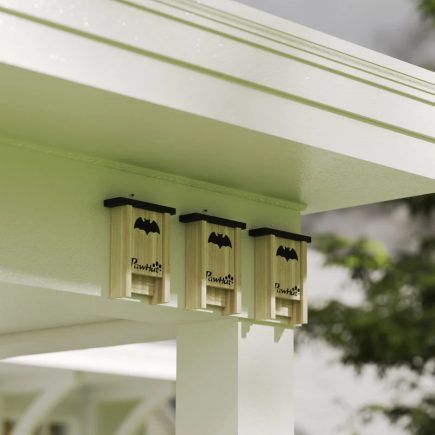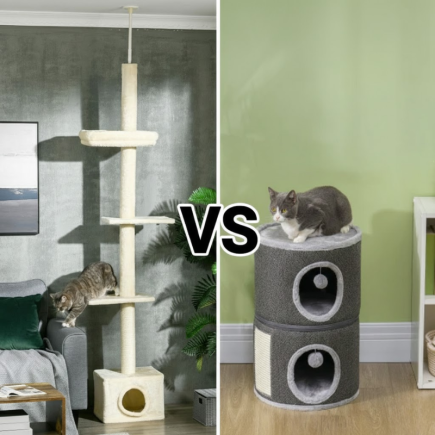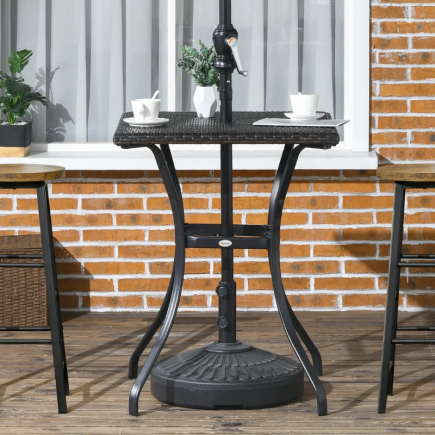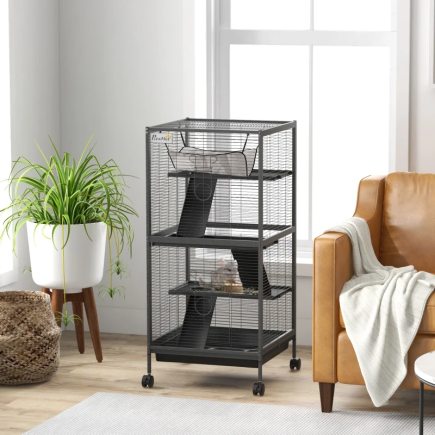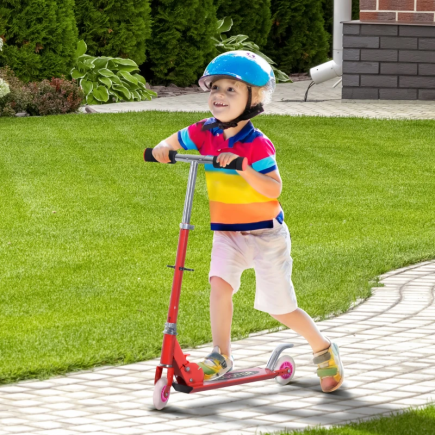
Raised garden beds offer loose, aerated soil that is warm, dry, and elevated exactly the kind of surface cats naturally prefer for digging and burying. Once a cat identifies a bed as a safe spot, it often returns repeatedly because scent memory reinforces the behavior.
The following seven solutions are arranged in a logical sequence. Start with soil-level control, then move outward to access restriction and reinforcement methods. Whether you recently built a raised bed or have maintained one for years, implementing protection early prevents digging habits from forming.
1. Install a Physical Soil Barrier

Stopping digging at the soil level is the fastest and most reliable fix. If paws cannot penetrate the surface, the litter behavior stops immediately.
How to Block the Soil Surface
- Lay galvanized chicken wire flat across the bed
- Secure it using landscape staples every 12–18 inches
- Cut small openings where plants are already growing
- Use ½–1 inch mesh size for best balance
- For permanent beds, upgrade to hardware cloth
This method works for vegetables, herbs, flowers, and newly seeded beds, especially important if you grow vegetables that require loose, nutrient-rich soil.
Tip: Install the barrier immediately after planting. Freshly turned soil is most attractive to cats.
2. Change the Surface Texture

Cats prefer soft, loose soil. Making the surface coarse or unstable reduces comfort and discourages digging.
Materials That Reduce Digging Comfort
- Pine bark chunks
- Large wood chips (not shredded mulch)
- Crushed gravel (¾ inch or larger)
- Secured pine cones
- Decorative stone mulch
Avoid fine compost, sand, or soft mulch; these mimic litter texture. When you layer raised bed soil correctly, keep coarse materials on top and finer compost below to reduce digging appeal.
Tip: Apply coarse mulch before cats establish a habit. Prevention is easier than correction.
3. Use Motion-Activated Water Deterrents

Cats dislike sudden bursts of water. Motion sprinklers create a negative association with the bed without causing harm.
How to Set Up Properly
- Position the sensor toward common entry paths
- Adjust spray arc to cover the bed perimeter
- Keep bursts short and sharp, not constant
- Test sensitivity to avoid false triggers
- Connect to steady water pressure
Most cats avoid the area after a few unexpected sprays.
Tip: Install near entry zones rather than the center of the bed for better coverage.
4. Add Perimeter Fencing Around the Bed

If cats are climbing or jumping into the bed, soil barriers alone may not be enough. Blocking physical access becomes necessary.
Simple Raised Bed Fence Setup
- Install lightweight mesh fencing 2–3 feet high
- Secure fencing tightly along bed edges, especially if the bed is level on slope or built on uneven ground
- Secure fencing tightly along bed edges
- Leave the top slightly loose so it bends under weight
- Overlap seams securely
- Anchor the bottom firmly into soil
For balcony beds, add four corner posts and a hinged mesh lid.
Tip: Cats test weak points. Inspect fencing weekly for gaps or sagging areas.
5. Remove Scent Markers Immediately

Cats return to previously marked areas due to scent memory. Cleaning the soil correctly reduces repeat visits.
Proper Soil Cleaning Steps
- Remove top 2–3 inches of contaminated soil and remove weeds growing in that area to eliminate additional scent retention points.
- Dispose of safely using gloves
- Rinse area with diluted vinegar
- Flush thoroughly with water
- Allow soil to dry before reinstalling barrier
Avoid essential oil sprays, many are unsafe for cats and degrade quickly outdoors.
Tip: Always reinstall a physical barrier immediately after cleaning to prevent re-marking
6. Block Entry Points Around the Garden
Sometimes the issue is not the bed itself but how cats access the space. Identifying entry routes can solve persistent problems.
Common Access Points to Check
- Gaps under fences
- Jumping from adjacent walls
- Climbing sheds or garden structures
- Low perimeter fencing
- Loose gate corners
To reinforce:
- Bury hardware cloth 6 inches below fence lines
- Install angled fence toppers
- Close under-gate gaps securely
- Add roller bars on fence tops if needed
Tip: Walk the perimeter at ground level and eye level. Cats use both routes.
7. Use Secondary Natural Deterrents (Support Only)

Scent-based deterrents are temporary but can reinforce stronger physical methods.
Short-Term Reinforcement Options
- Scatter citrus peels (replace every 2–3 days)
- Lightly apply used coffee grounds
- Sprinkle coarse crushed pepper cautiously
- Use predator scent products sparingly
- Refresh after rain or irrigation
These methods lose effectiveness quickly and should not replace barriers.
Tip: Think of scent deterrents as backup support, not the primary solution.
Layered Protection Strategy
The most reliable system combines:
- Soil-level wire barrier
- Coarse surface mulch
- Motion-activated water deterrent
- Secure perimeter fencing
When digging, comfort, and access are all blocked, most cats stop attempting entry within days.
Seasonal Timing Guide
| Season | Risk Level | Best Action |
| Early Spring | Very High | Install soil barrier immediately |
| Mid Season | Moderate | Maintain mulch and fence integrity |
| Late Season | Lower | Inspect and reinforce weak points |
Act early to prevent habit formation.
Soil Safety Reminder
If contamination occurred:
- Avoid planting root crops in that area for 60 days
- Wash produce thoroughly before consumption
- Use gloves during cleanup
- Remove and replace affected soil layers
Parasites can survive in soil if not handled correctly.
Quick Comparison of Solutions
| Method | Reliability | Maintenance | Long-Term Use |
| Chicken Wire | High | Low | Yes |
| Coarse Mulch | Medium | Moderate | Yes |
| Motion Sprinkler | Very High | Low | Yes |
| Citrus / Coffee | Low | High | No |
Physical barriers consistently outperform scent tricks
Cultivation Safeguard
Lasting control comes from design, not quick fixes. When soil penetration, surface texture, and access points are strategically managed, repeat visits diminish on their own.
A well-protected Raised Garden Bed thrives under a layered defence approach structural barriers at the core, supportive deterrents as reinforcement. Implement early, maintain consistently, and your growing space remains undisturbed throughout the season.
FAQs
Cats rely on scent memory and routine, so one successful visit builds a habit. Disrupt the pattern immediately with a soil barrier and surface change. Consistency for 7–10 days usually breaks repeat behavior.
Lay mesh or hardware cloth flat before plants spread too wide. Cut precise openings as plants mature to prevent root restriction. Avoid heavy stones directly on delicate stems.
Install a temporary chicken wire layer the same day you notice activity. Pair it with a motion sprinkler facing entry points. Immediate response prevents reinforcement of the habit.

